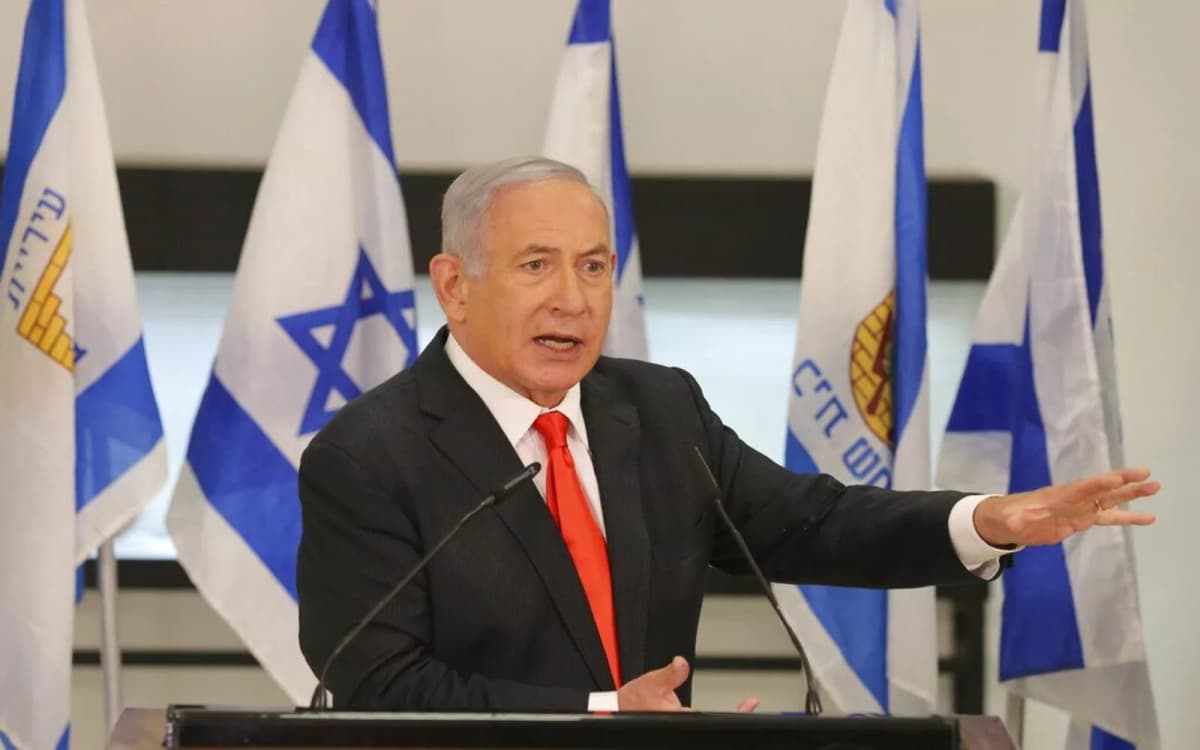Israel demands full hostage release as Hamas backs Gaza truce plan

The proposal, which outlines a 60-day truce, is almost identical to an earlier US-backed plan that Israel had agreed to
Israel has insisted on the release of all 50 hostages held in Gaza, casting doubt over a new ceasefire proposal that Hamas accepted earlier this week with the backing of Egyptian and Qatari mediators.
The proposal, which outlines a 60-day truce, is almost identical to an earlier US-backed plan that Israel had agreed to, according to Qatar.
However, Israeli officials have maintained that they will not accept any “partial deals”. Government spokesman David Mencer told the BBC, “Things have changed now. The prime minister has laid out a plan for the future of Gaza.”
Palestinian sources said the proposal would see Hamas hand over 10 living and 18 dead hostages, while negotiations continued for a permanent ceasefire and the return of the remaining captives.
Israel believes only 20 of the 50 hostages are still alive, more than 22 months into the war.
The Israeli cabinet is expected this week to approve a military plan to occupy Gaza City, where intensified strikes have already displaced thousands.
Prime Minister Benjamin Netanyahu has stated that Israel intends to take full control of Gaza, including areas where millions of Palestinians have sought refuge, after earlier indirect talks with Hamas collapsed.
On Monday, Hamas announced that it had accepted the new ceasefire plan in full. A statement by the group said the deal was approved by its delegation in Cairo, alongside other Palestinian factions.
Hamas official Taher al-Nunu told Al-Araby TV that it was “a partial deal leading to a comprehensive deal”, adding that negotiations on a permanent ceasefire would start on the first day of its implementation.
Qatar’s foreign ministry spokesman Majed al-Ansari explained that the proposal was “98%” similar to the plan presented in June by US envoy Steve Witkoff. “It is within the confines of the Witkoff plan... It’s a continuation of that process. Obviously, it’s in the details where the devil lies,” he said.
The Witkoff plan called for a 60-day truce in which Hamas would release 10 living hostages and the bodies of 18 dead hostages in the first week, in exchange for Israel freeing more than 1,200 Palestinian prisoners and detainees.
Israel accepted the deal, but Hamas rejected it at the time because it lacked guarantees of a permanent truce.
Details of the new Egyptian and Qatari proposal show Hamas would release eight living hostages on the first day, two more on day 50, and hand over the bodies of hostages in stages across the 60 days.
In exchange, Israel would free 1,500 detainees from Gaza, 150 prisoners serving life sentences, and 50 others serving long terms.
Israeli forces would also withdraw to certain areas near the Gaza perimeter but maintain positions in key military corridors in the south.
While Israel has yet to issue a formal response, a senior official in Netanyahu’s office told Israeli media, “Israel’s policy remains consistent and unchanged. Israel demands the release of all 50 hostages in accordance with the principles set by the cabinet to end the war. We are in the final stage of defeating Hamas and will not leave any hostage behind.”
Netanyahu himself reiterated that Israel would only agree to a deal if all hostages were released in one round and if Hamas was disarmed, Gaza demilitarised, the territory’s perimeter secured under Israeli control, and new governance installed without Hamas or the Palestinian Authority.
He also said he had discussed plans with military commanders for operations in Gaza City.
The prime minister is under pressure from far-right coalition partners who oppose any deal that could pause the war.
Finance Minister Bezalel Smotrich said Israel must not accept a “partial deal that abandons half of the hostages and that could lead to the suspension of the war in defeat. It is forbidden to surrender and give a lifeline to the enemy.”
Families of the hostages, however, have urged Netanyahu to agree to an immediate deal, accusing him of blocking possible agreements.
“About a month ago, we were closer than ever to signing a deal. The Witkoff outline would have put Israel into intensive negotiations,” said Einav Zangauker, whose son Matan is among those still in captivity. “Netanyahu... is deliberately setting unworkable conditions as an obstacle.”
The war began after the Hamas-led attack on southern Israel on 7 October 2023, in which about 1,200 people were killed and 251 taken hostage.
Since then, at least 62,064 people have been killed in Gaza, according to the Hamas-run health ministry.
The majority of Gaza’s population has been displaced, most homes have been destroyed, and international experts have warned that famine is already unfolding in parts of the territory.
